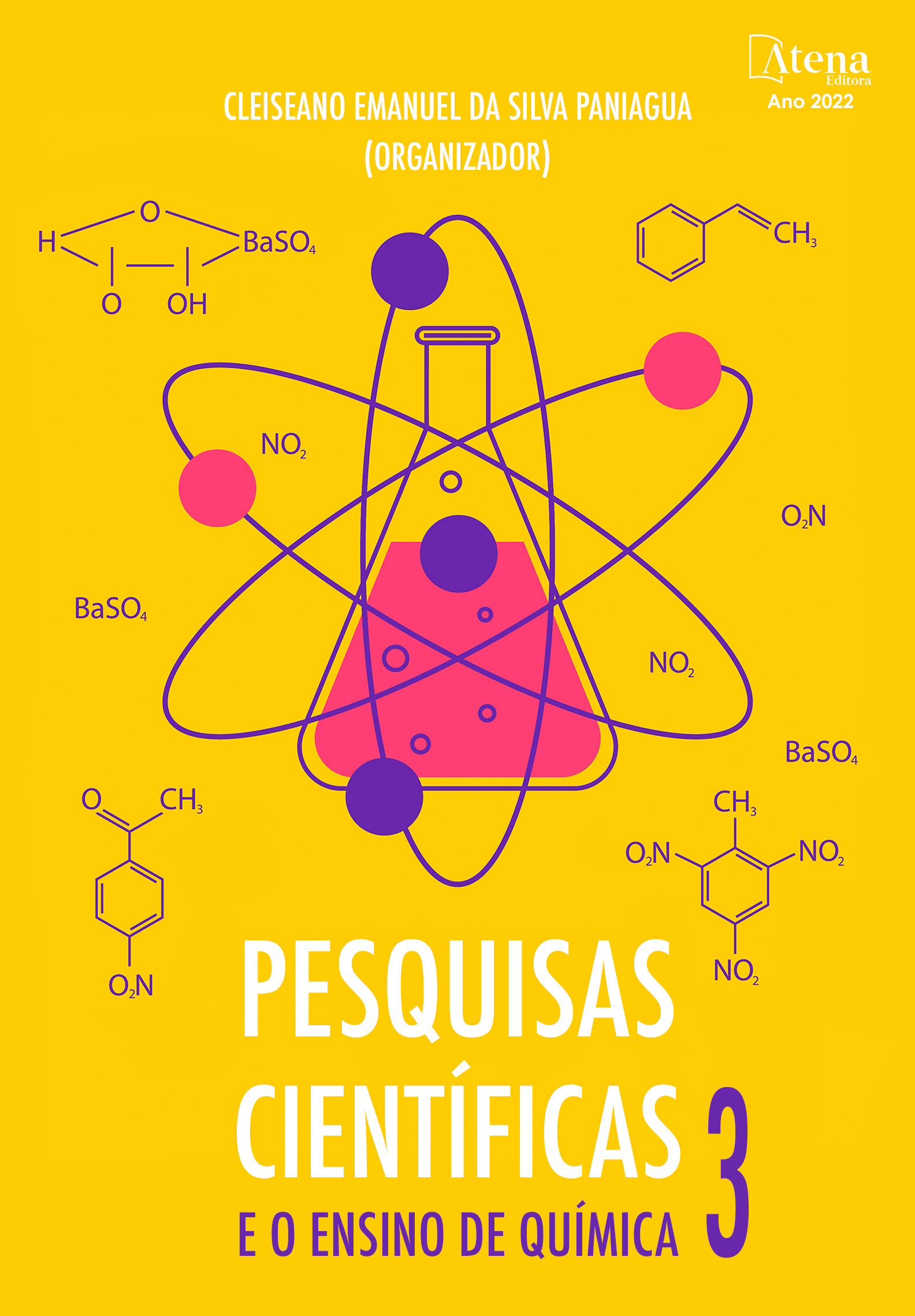
AVALIAÇÃO DO NÍVEL DE ALFABETIZAÇÃO CIENTÍFICA EM CIÊNCIAS DA NATUREZA PARA ALUNOS DO ENSINO MÉDIO PROVENIENTES DA REDE PÚBLICA DO ENSINO
O Brasil se configura em um dos piores países do mundo em relação a avaliações internacionais nas áreas de lingüística, matemática e ciências da natureza. O ensino tradicional ocupa os espaços da grande parcela das instituições de educação básica sejam elas públicas ou privadas. Diante disso, ao se avaliar o processo de alfabetização científica (AC) nas ciências naturais, sabe-se que o problema ultrapassa a discussão em relação ao uso de ferramentas e tecnologias digitais, aulas em laboratório, visitas técnicas ou aulas de campo. Neste sentido, o presente trabalho teve por objetivo avaliar a eficiência da AC em questões que envolvem conhecimentos de química, biologia e em suas interfaces, dentro de um contexto no qual o aluno se insere. O trabalho se constituiu em aplicar um questionário online em escolas públicas do estado de Minas Gerais, após apreciação e aprovação do Comitê de Ética e Pesquisa (CEP) vinculado a Universidade Federal do Triângulo Mineiro (UFTM) com sede na cidade de Uberaba. O questionário foi constituído de vinte questões objetivas, sendo oito delas voltadas para avaliação da AC. Entretanto, somente cinco questões foram avaliadas neste trabalho em função de pertencerem à mesma temática: homem e meio ambiente. Os resultados obtidos apontaram que em 4/5 questões avaliadas, os alunos apresentaram um desempenho abaixo de 70%, indicando que o processo de AC não está sendo efetivo e que as habilidades e competências previstas na BNCC não estão atingindo seus objetivos. Além disso, o período pandêmico (2020-2021) teve uma grande influência em relação aos baixos rendimentos obtidos. Logo, existe uma necessidade urgente de se estabelecer políticas públicas voltadas para a educação básica em todos os segmentos que desta fazem parte. A educação precisa ser prioridade e vista como um investimento a longo prazo, a fim de se buscar e desenvolver Ciência e Tecnologia de ponta.
AVALIAÇÃO DO NÍVEL DE ALFABETIZAÇÃO CIENTÍFICA EM CIÊNCIAS DA NATUREZA PARA ALUNOS DO ENSINO MÉDIO PROVENIENTES DA REDE PÚBLICA DO ENSINO
-
DOI: 10.22533/at.ed.9332213061
-
Palavras-chave: alfabetização científica, biologia, ciências da natureza e química
-
Keywords: scientific literacy, biology, natural sciences and chemistry
-
Abstract:
Brazil is one of the worst countries in the world in terms of international assessments in the areas of linguistics, mathematics and natural sciences. Traditional education occupies the spaces of a large portion of basic education institutions, whether public or private. Therefore, when evaluating the scientific literacy (CA) process in the natural sciences, it is known that the problem goes beyond the discussion regarding the use of digital tools and technologies, laboratory classes, technical visits or field classes. In this sense, the present work aimed to evaluate the efficiency of CA in questions that involve knowledge of chemistry, biology and their interfaces, within a context in which the student is inserted. The work consisted of applying an online questionnaire in public schools in the state of Minas Gerais, after consideration and approval by the Ethics and Research Committee (CEP) linked to the Federal University of Triângulo Mineiro (UFTM) based in the city of Uberaba. The questionnaire consisted of twenty objective questions, eight of which were aimed at assessing CA. However, only five questions were evaluated in this work because they belong to the same theme: man and the environment. The results obtained showed that in 4/5 questions evaluated, the students presented a performance below 70%, indicating that the AC process is not being effective and that the skills and competences provided for in the BNCC are not reaching their objectives. In addition, the pandemic period (2020-2021) had a great influence on the low yields obtained. Therefore, there is an urgent need to establish public policies aimed at basic education in all segments that are part of it. Education needs to be a priority and seen as a long-term investment in order to seek and develop cutting-edge Science and Technology.
-
Número de páginas: 15
- Anelise dos Santos Mendonça Soares
- Valdinei de Oliveira Santos
- Cleiseano Emanuel da Silva Paniagua


